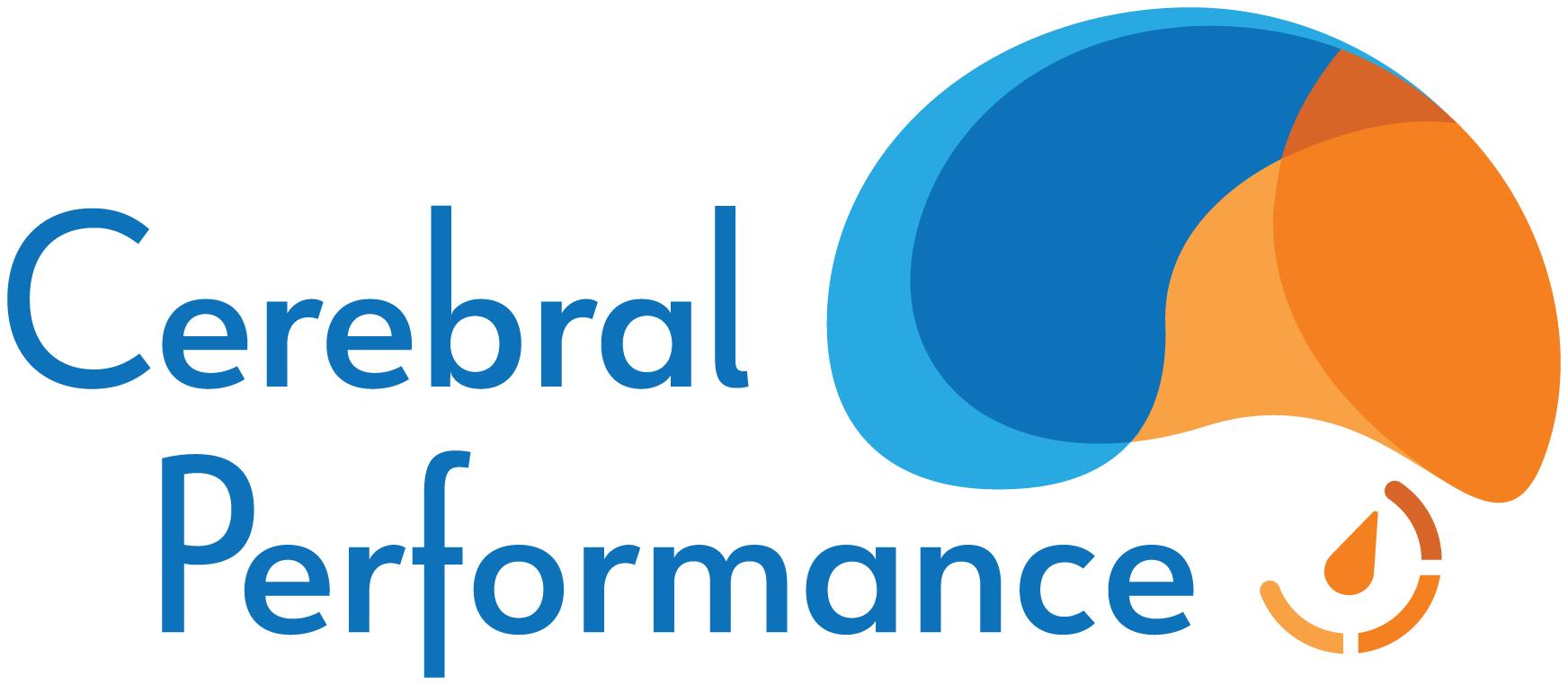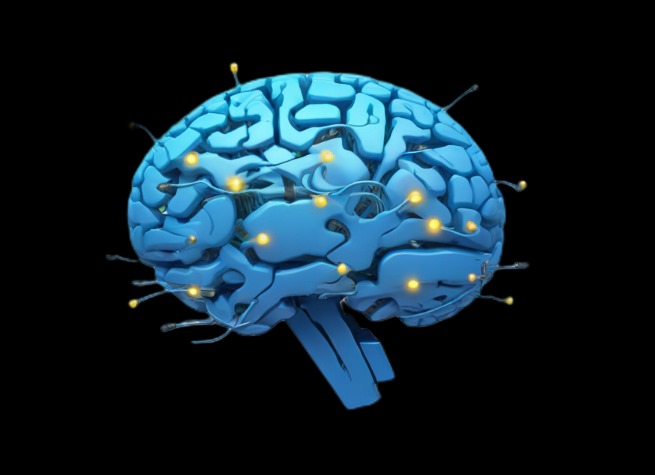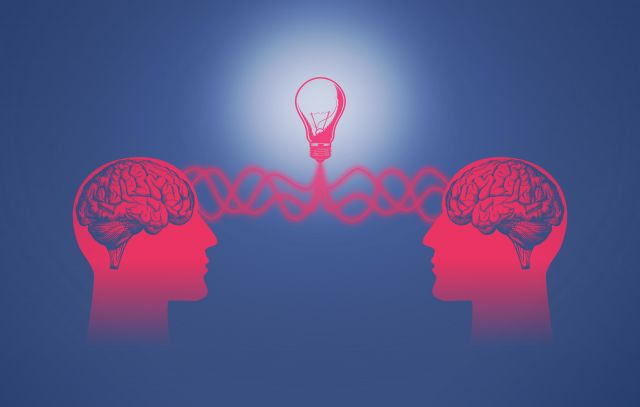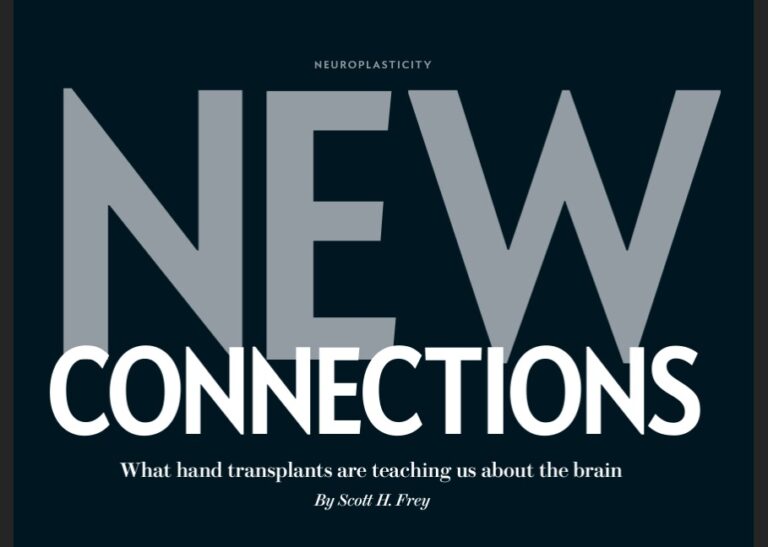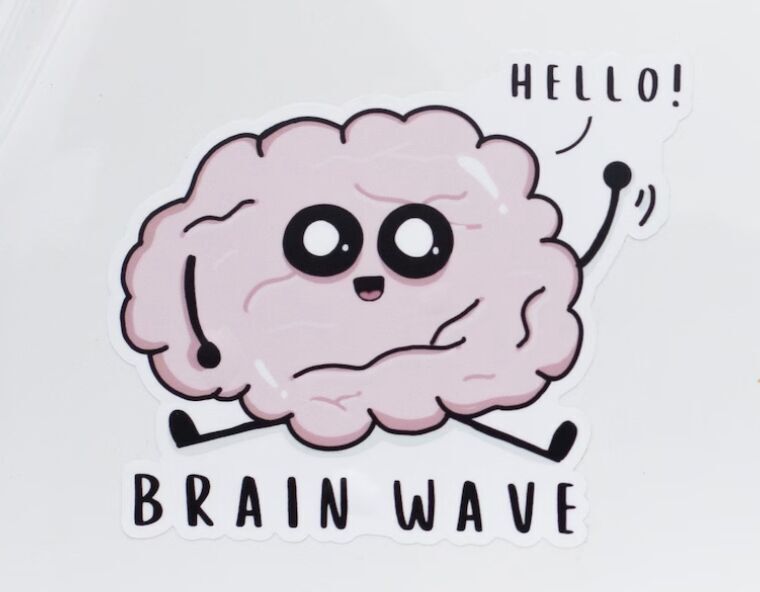Why Your Brain is Wired for Procrastination: Understanding the Science
Procrastination is a consequence of your healthy neurobiology. Understanding that fact just might change your life.
Is 2023 the year that you want to learn another language, race a marathon, finish a graduate degree, or launch that dream business?
Success may hinge on overcoming the magnetic attraction of lesser immediate rewards in favor of doing that thing that leads incrementally (and sometimes tediously) toward that larger future payoff. While this sounds good, it unfortunately goes against how we are wired.
Like other animals, our human brains systematically discount the value of future rewards, instead favoring what is available right now. Given a choice between $5 immediately or $7 next week, a surprisingly large percentage of us grab the $5 without hesitation. This is an evolutionary-based adaptation that serves us well in scarce and uncertain times, but also contributes to a host of self-defeating behaviors ranging from addiction to procrastination.
Thanks to a neurological wrestling match occurring behind the curtain of awareness, the choice between relaxing with a movie versus lacing up your running shoes can sometimes feel excruciating. Reward centers in the brain’s limbic system are committed to our seizing the “bird-in-hand” before it flies away, while prefrontal networks involved in reasoning and impulse control are waging a pitched battle to keep us on track toward “two-in-the-bush,” waiting just over the finish line next spring. What to do?
Despite sounding trite, knowledge truly is power. Next time that you are faced with the urge to procrastinate try seeing it dispassionately, a natural vestige of our shared evolution, rather than some personal failing. Remind yourself of the big payoff ahead and choose to do the thing that moves you one step closer.
